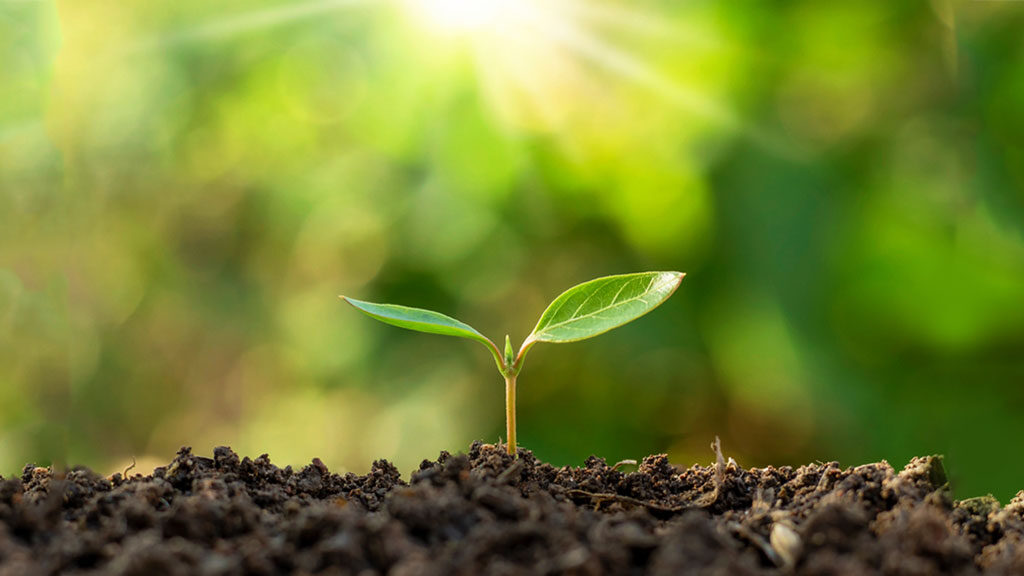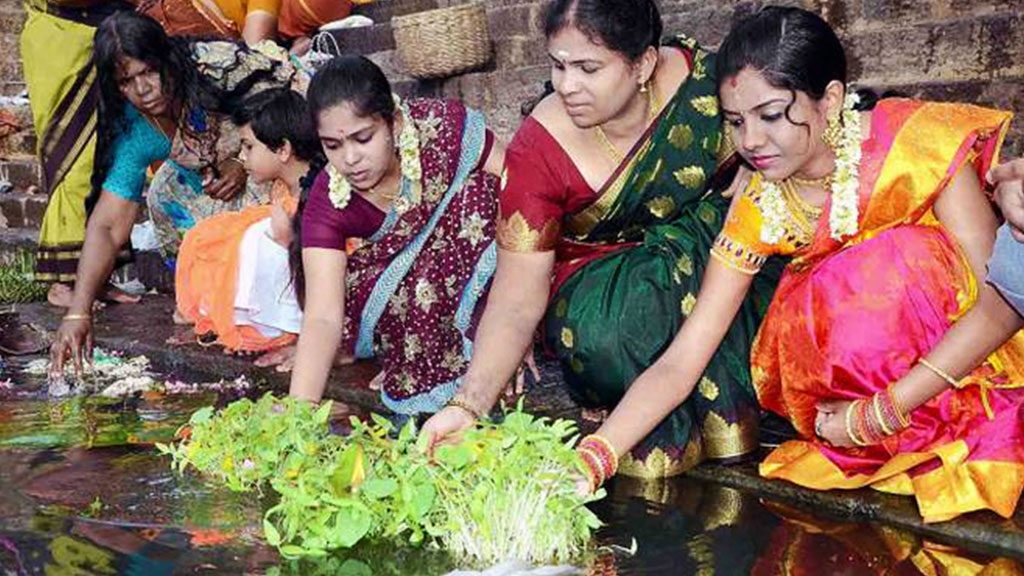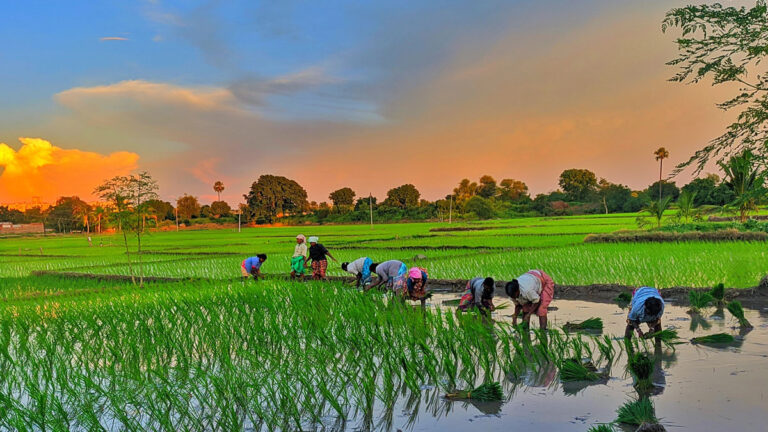A Complete Guide About Tamil Month “Aadi” and its Significance to the Tamil Culture
Aadi Perukku, well known as Aadi 18, or Aadi Padhinettu is a south Indian festival, widely celebrated by Hindus all over Tamil Nadu. They celebrate this festival by keeping their culture and tradition as a central focus. The word “Aadi” comes from Tamil, and it is the name of the fourth month which comes after the New Year. “Aadi” means “Beginning or commencement, which represents the beginning of the monsoon season. Starting from the middle of July, the period of Aadi extends up to the middle of August, but the 18th day of the month Aadi (Mid-July) is considered to be more special because that is the particular time in which there will be a rapid increase in the water level due to onset of monsoon.
People of Tamil Nadu usually hold great reverence towards nature because they consider it as life-sustaining property. They celebrate this festival by expressing their gratitude towards nature with a notion that they can meet with abundant blessings from it.
The month of Aadi is considered to be a magnificent month for the agricultural cycle because all the West Coast Rivers which were once dried up, are replenished. Thus, people do activities like sowing, rooting and planting in a larger amount, awaiting for the prosperous outcome of the vegetation.

Also Read:- Most Important Festivals of Tamilnadu That Are Worth Watching and Experiencing
The month of Aadi is considered to be a magnificent month for the agricultural cycle because all the West Coast Rivers which were once dried up, are replenished. Thus, people do activities like sowing, rooting and planting in a larger amount, awaiting for the prosperous outcome of the vegetation. The month of Aadi is usually a grand treat that people offer to nature and its properties, and that treat is provided to them in the form of another festival called “Mulaipaari” that is celebrated over Tamil Nadu. This festival is celebrated predominantly by the Tamil Nadu farmer communities, who believe that this celebration would ensure the protection for crops and its fertility. During Mulaipaari Women typically plant nine different varieties of seeds in a pot. Every evening, they sprinkle water on the pot, and make the seeds grow slowly for the following days.
Grains like Ragi, Mochha Payaru (Hyacinth Beans), Thatta Payuru (Cowpeas), Ulutham Paruppu(Urad dal) (black gram), Kadalai Paruppu (Bengal gram), Tuvaram Paruppu(Dhoor-dhal), Pachha Payaru (green gram), Godumai (Wheat Grain), and other grains/seeds including Barley, Kadugu (mustard seeds, rai), Vendiyam (mendiyam, methi, fenugreek), Cholam (jowar, sorghum), Ellu (sesame seeds), Red Millet (Kambu, bajra or pearl millet), Kollu (horse gram) are used in the earthen pots. On the 10th day, with drums and music, women carry the pots on their heads in a procession and dissolve them in rivers, as an offering to goddess (Amman or Maariamman) and other aquatic lives.

Also Read:- Popular Navagraha Temples In Tamil Nadu You Should Visit on Your Spiritual Journey
These offerings not only serve as food for aquatic lives and a spiritual offering but also help in sustaining the ecological balance in the environment. People make these offerings to nature believing that they would be blessed with rain and will have a splendid harvesting. It is also believed by people that during earlier days, when farmers acquired their own seeds, the Mulaipaarifestival helped in revealing whose seeds were the best quality, so that the village as a whole would have exceptional seeds to use for their upcoming crop.
During this festival “Kummi” is performed. It is a traditional folk dance of Tamil Nadu. The term “Kummi” means “small” or “soft” in Tamil, which refers to the gentle and graceful movements of the dance. It is primarily performed by women by forming a circle and placing the earthen pots at the center, then they involve in activities like rhythmic clapping, singing, and dancing in a coordinated manner. Similar to Kummi, there is another form of dance called as “Kolattam”. But a slight difference is that the dance performance is vibrant and energetic. “Kol” means sticks and “Aatam” means dance. Women perform this dance in a zestful manner. By singing, cheering, enjoying, and celebrating, people especially women experience a sense of regeneration and refreshment. This unity and togetherness among people not only act as a celebration but also unconsciously brings out the attitude of preserving the past culture and traditions and strengthens the community bond.
Be it Aadi Perukku or Mulaipaari festival, the role of women in leading these festivals is the centre of attraction. Both the festivals are not only based on nature and thanksgiving to god, but a celebration of womanhood. In Tamil Nadu, especially in rural areas, women tend to stay all their life inside their kitchen, or their home, through which they obviously miss out social connections from their neighbourhood or society. But this festival bridges the gap between the women and provides them the opportunity to connect with each other creating a social bond.
As mentioned earlier Aadi Perkku is considered to be a special occasion for women to decorate the yards of their houses with kolam (rangoli) with colours and different designs which will serve as a feast to the eyes. Some women make kolams with arisi maavu (rice flour) as it would be a food for ants, sparrows and other tiny living creatures. Some places in villages also serve as a stage for a woman to showcase their talent when rangoli competitions are conducted. This will provide women with a sense of cheerfulness and excitement.
Other than this women visit temples during this occasion in mass numbers. It is found that engaging in religious practices provides individuals with a sense of purpose, meaning, and connection toward something greater than themselves. This can contribute to overall psychological well-being and life satisfaction to a women who are often victims of mental stress. In temples, a dish called “Koozh” is provided to the visitors as a prasada. Koozh is a nutritious food made from fermented rice and millet that helps in cooling down the body. It is prepared by soaking rice or millet grains in water for certain hours, allowing them to naturally ferment. The fermented mixture is then cooked until it forms as thick as a porridge.
Aadi month is believed to be a period of particularly hot and dry due to the position of the sun. So this particular dish will help in preventing oneself from heat-related illnesses, it aids digestion and promote gut health. Everyone becomes well-wishers for each other’s health and happiness during this particular month. Another peculiar practice that people do during this month is that, they separate newly married couple for a certain period of time, to prevent them from having an intimate physical relationship. It sounds strange to many people around the world, but actually, there is a genuine reason behind it.
The newly-wed couples are detained from having a physical relationship during Aadi, so that they can avoid giving birth to a baby during the peak of summer – April or May (Chithirai month) which would be uncomfortable for both mother and child. After separation, the girl is sent to her mother’s home to perform agricultural work along with her family members as people believe that it is fortunate to involve a married girl in agriculture.
It is a joy to behold to visit Tamil Nadu during the time of Aadi Perukku. One can experience the visual treat that the people, especially women provide with their rangolis, decorations, beautiful traditional attires and their jovial celebrations.
It would be fascinating to watch all the peculiar rituals that they perform and provides a wholesome insight about the culture, tradition, religion, and the enormous faith that people have towards their god. The agricultural practices during the period, various lip smacking, and appetizing dishes, and many other events are awaiting to make you spellbound. Regarding the culture and tradition of Tamil Nadu, don’t just be as an inquisitor, but be a visitor and become a short-term member of the South Indian tradition.

